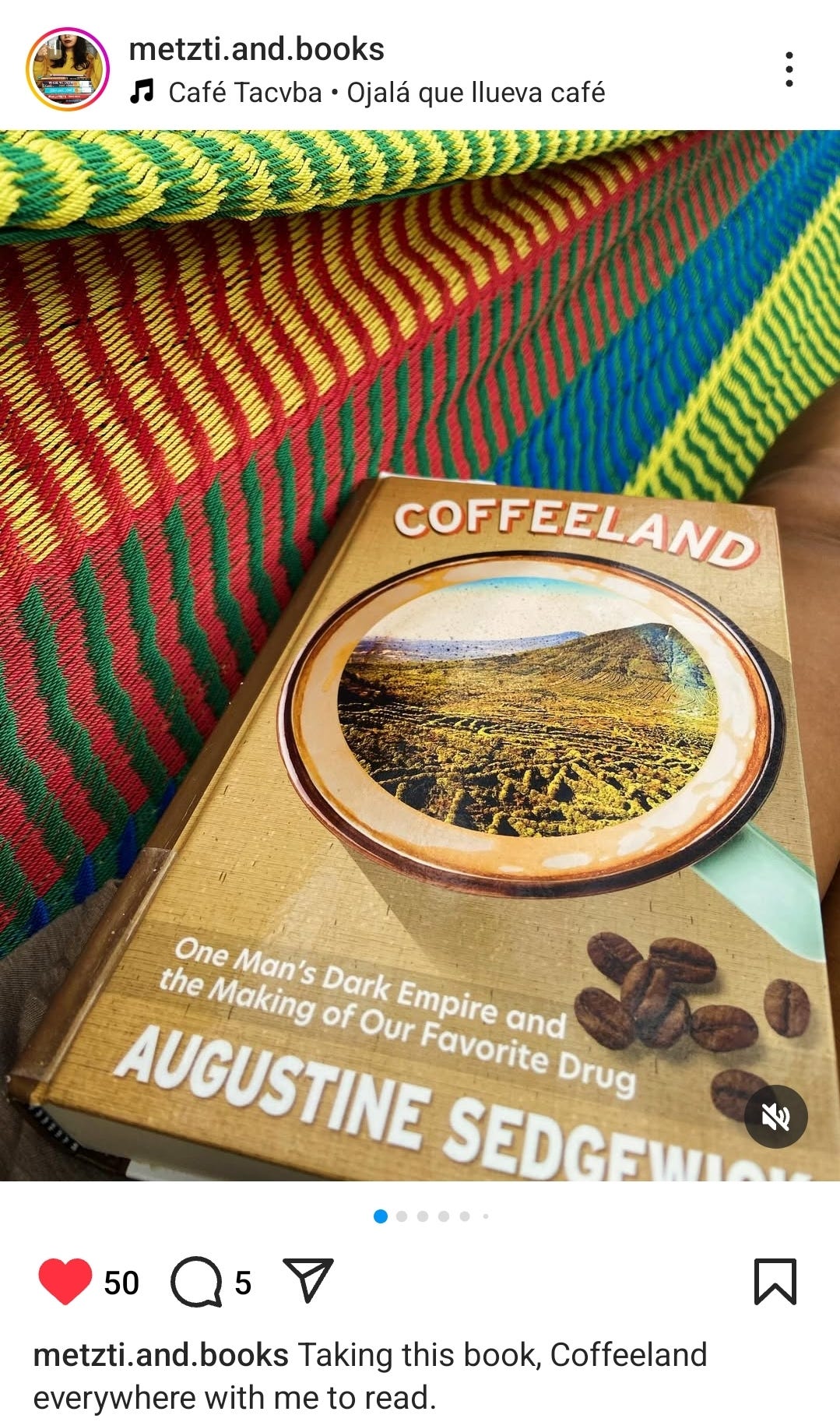Why Cooking Salvi Food Makes You Smarter
A Stanford study found that when kids learn about their roots, they thrive.
In the early 2000s, my mom started taking childhood development classes at Los Angeles Trade Tech. While I was busy trying to survive LAUSD and collect the right credits to make it to college, my mom was learning how we humans learn.
Because of the language barrier, she often had me review her homework after I finished mine. I’d sit at the kitchen table, sounding out words, making flashcards, helping her prepare. She and my dad would give me lists of words they felt insecure about, and I’d write them out phonetically so they could practice. I could always tell they felt lighter after we went through them together. Progress was happening!
As my mom worked toward her AA in Childhood Development, she started dropping little nuggets of wisdom on me. Tiny lessons on how children learn, how to make things stick. And this is when something shifted. I started to see my mom carry a deep sadness, a quiet grief. I watched her grapple with regret, reflecting on the way she and my father had raised my brother and me. She’d say, “Si hubiera sabido, cómo quisiera hacerlo de nuevo.” If I had known, I wish I could do it all over again.
The sadness was real. The woman who sacrificed everything now felt like she had failed us. As a teen, I knew it wasn’t fair. As an adult, I understand it even more. Time, circumstances, a whole damn war, and a violent history failed all of us. Sure, there were times I wished my parents had been more patient, but we were all doing the best we could with what we had.
One lesson, however, has never left me. My mother was asombrada, astonished, when a professor told her: When children ask you a question, it means they are ready to learn. Whatever the topic, where babies come from, why things are the way they are, even death or loss—they are ready. And we owe it to them to answer, with honesty, with care. Don’t hold back. Respect children and give them what they are wanting to learn.
We were raised to believe children were too fragile to bear life’s difficult truths. But no, children are curious because they are ready to learn.
That revelation is as relevant to me now as it was then. Especially when I think about kids these day, both young and grown, who ask: Where am I from? Who are we? Why do we do things this way?
My mother once said to me in her kitchen, “Tienes que conocer tu raíz, porque todo tiene raíz. Y entender tu raíz es entender tu existir.”
You must know your roots, because everything has a root. To understand your roots is to understand your existence.
I immediately think about this when I recently came across and read Stanford’s research on Ethnic Studies: students who took even one course experienced lasting academic benefits. When young people learned about their histories, not only in textbooks but through community, family, and kitchens, they flourished.
An excerpt from the Stanford report states, “Ethnic studies gave students ‘the opportunity to see their community reflected in the curriculum,’ said Bonilla. Learning about their ancestors’ contributions made them feel proud and made school feel relevant, contributing to a sense of belonging.”
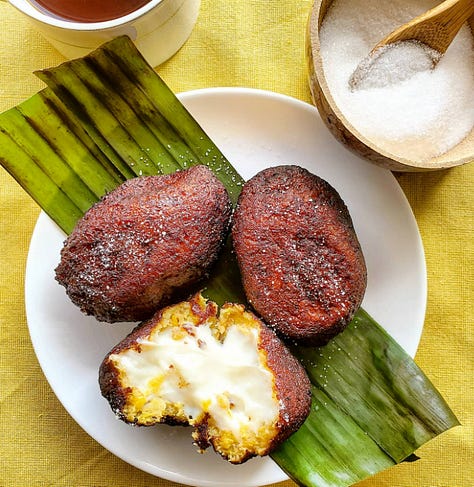
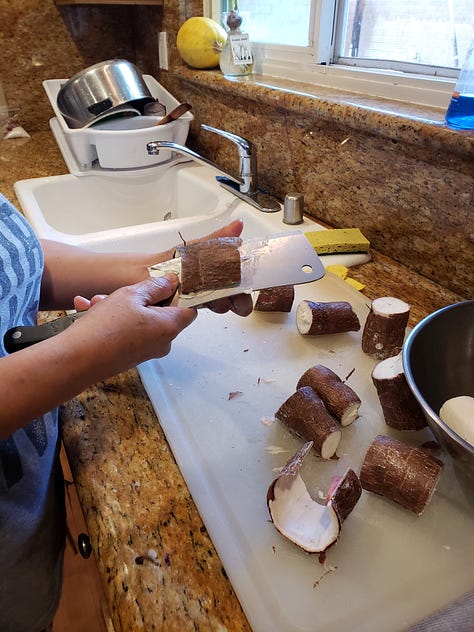
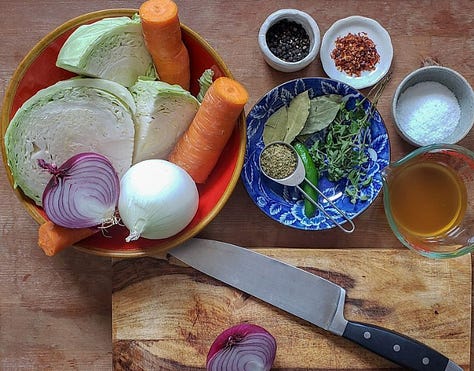
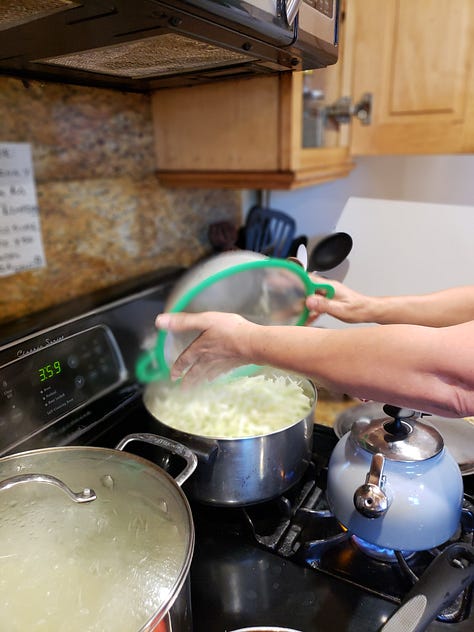
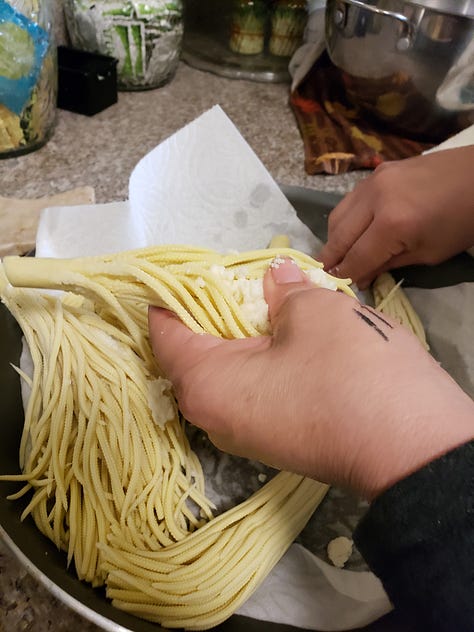
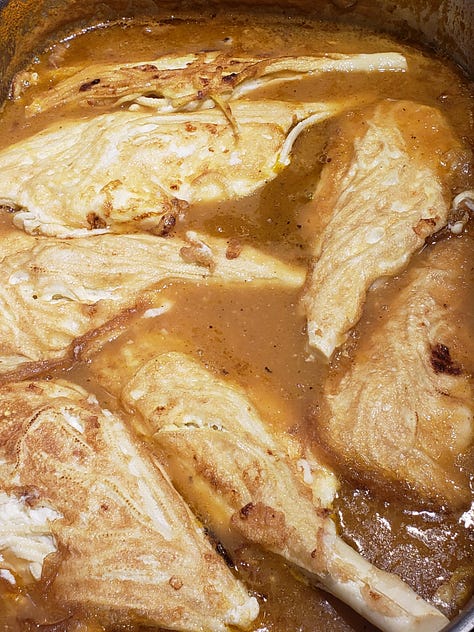
That’s why I argue that works like The SalviSoul Cookbook are not simply about food. They are about survival, education, and resilience. When students see themselves reflected and are told they belong, they don’t just thrive academically; they begin to transform into healthier, more confident versions of themselves.
Benefits Beyond Academics
Studies like these affirm the importance of cultural work. As fascism rises globally and anti-racist efforts face increasing resistance, we can move forward with the certainty that challenging oppressive systems isn’t just necessary, it’s the right path forward. And it can start in the kitchen.
My mother may have carried regret, but I knew then at some degree what science proves now, that through the kitchen, there’s an education far beyond academics. She handed me memory, science, story, and love. Even if we both longed for more patience in our own mother-daughter relationship, a profound education was happening.
For years, I had to unlearn what school taught me to believe about myself. From LAUSD through college, I was made to feel like I wasn’t smart enough. I struggled to remember definitions, to make sense of things. It took me a long time to shed the narrative that was pushed onto me.
The study concluded that the benefits extended beyond high school graduation rates. Students who took the course were 16 to 19 percentage points more likely to graduate compared to their peers who did not. College enrollment increased by 10 to 16 percentage, and attendance rates rose by 8%. Additionally, students developed greater resilience and became more well-rounded in their understanding of other cultures.
An excerpt from the study, “For example, [Ethnic Studies] courses give students an opportunity to learn about, appreciate, and celebrate their origins, as well as foreground the contributions of marginalized communities to US history and social life (i.e., school belongingness and values affirmations). Furthermore, the explicit discussions of power, structural racism, stereotypes, and hegemony prime student awareness of the many structural social hurdles they face (i.e., stereotype forewarning and external attribution).”
Our Elders Have Always Known
Science is memory. Memory is science. Our elders have always known this.
I meet parents all the time, tías and tíos eager to share our foodways with the children in their lives. There have always been good reasons to teach them, but now, I hope you feel even more empowered. Help the kids in your life, your children, your nieces and nephews, or even the child still inside you, cook more of your cultural dishes.
It makes you smarter. And now you know, science proves it.
The SalviSoul Book Club
Be on the lookout probably next week as we will announce two events for the book club. One in person and one virtual event. This week we are reading 200-250. Super happy to hear from everyone who is reading along.
The Salvi Los Angeles Tote Bag
Beyond creating something fun to watch, I wanted to make a limited-edition product. I teamed up with Otis, a Salvadoran-Guatemalan artist, to bring this vision to life. We loved the idea of capturing iconic Salvi spots, places beloved by the diaspora in LA. Over weeks and months, we worked to get every detail just right.
We gave away many of these bags, and now, only a small limited quantity remains. Once they’re gone, they’re gone, at least in this colorway. As a subscriber to this newsletter, you get early access. Grab yours here before they disappear!
SalviSoul Speaking Engagements & Events!
I’ll be speaking at this year’s LA Times Festival of Books. It’ll be my third year at the festival and it’s always a great time. Hope to see you there. I will be doing a book signing after the panel. Below are the details.
Session Title: Comida & Community
Day & Date: Saturday, 4/26/2025 12:45pm - 1:30pm
Stage/Venue: The De Los Stage in Association with L.A Times en Español - Signing Area 11
If you’d like to have me as a guest speaker, a panel, or event, please email at kvasquez@salvisoul.com
See you in the next one.
Con amor y SalviSoul,
Karla





